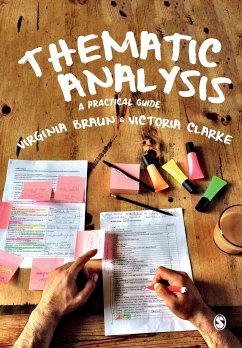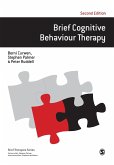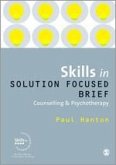__Winner of the 2022 British Psychological Society Book Award - Textbook Category__
Developed and adapted by the authors of this book, thematic analysis (TA) is one of the most popular qualitative data analytic techniques in psychology and the social and health sciences.Building on the success of Braun & Clarke's 2006 paper first outlining their approach - which has over 100,000 citations on Google Scholar - this book is the definitive guide to TA, covering:
- Contextualisation of TA
- Developing themes
- Writing TA reports
- Reflexive TA
It addresses the common questions surrounding TA as well as developments in the field, offering a highly accessible and practical discussion of doing TA situated within a clear understanding of the wider terrain of qualitative research.
Virginia Braun is a Professor in the School of Psychology at The University of Auckland, Aotearoa New Zealand.
Victoria Clarke is an Associate Professor in Qualitative and Critical Psychology in the Department of Social Sciences at the University of the West of England (UWE), Bristol.
Developed and adapted by the authors of this book, thematic analysis (TA) is one of the most popular qualitative data analytic techniques in psychology and the social and health sciences.Building on the success of Braun & Clarke's 2006 paper first outlining their approach - which has over 100,000 citations on Google Scholar - this book is the definitive guide to TA, covering:
- Contextualisation of TA
- Developing themes
- Writing TA reports
- Reflexive TA
It addresses the common questions surrounding TA as well as developments in the field, offering a highly accessible and practical discussion of doing TA situated within a clear understanding of the wider terrain of qualitative research.
Virginia Braun is a Professor in the School of Psychology at The University of Auckland, Aotearoa New Zealand.
Victoria Clarke is an Associate Professor in Qualitative and Critical Psychology in the Department of Social Sciences at the University of the West of England (UWE), Bristol.








